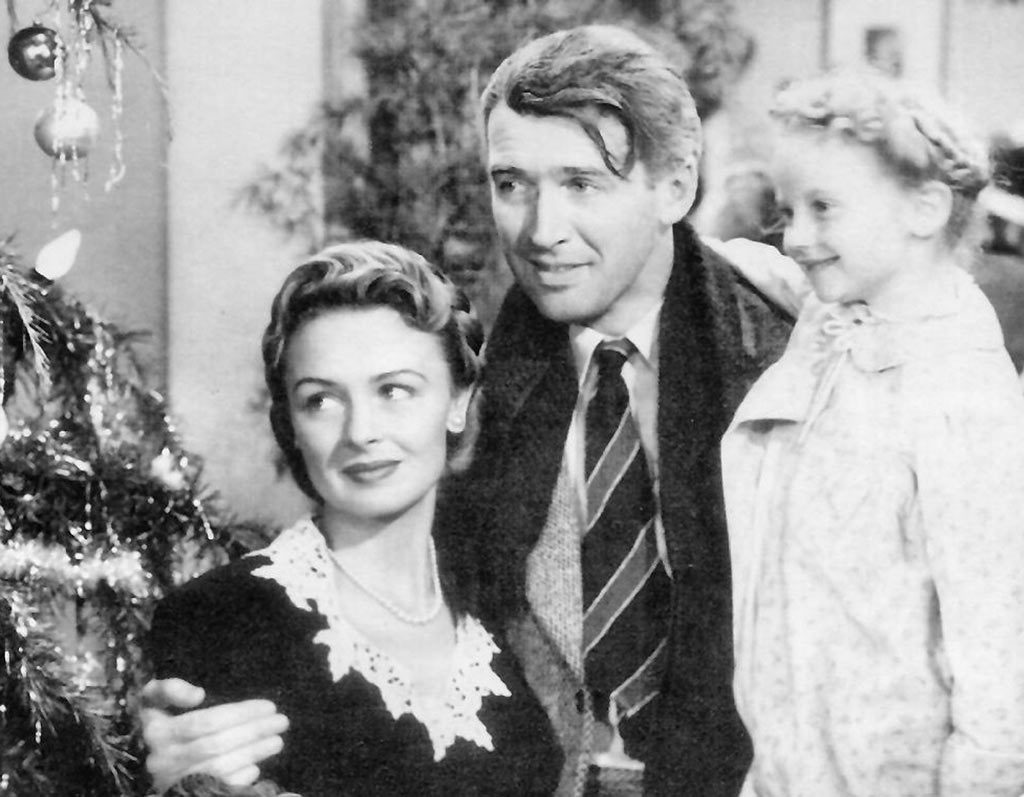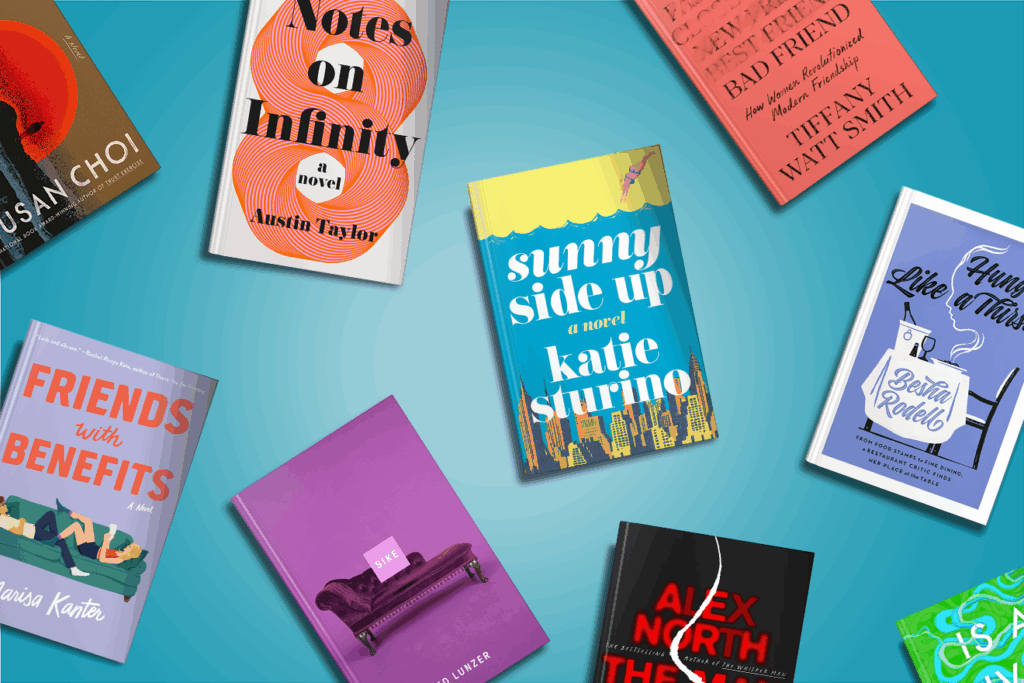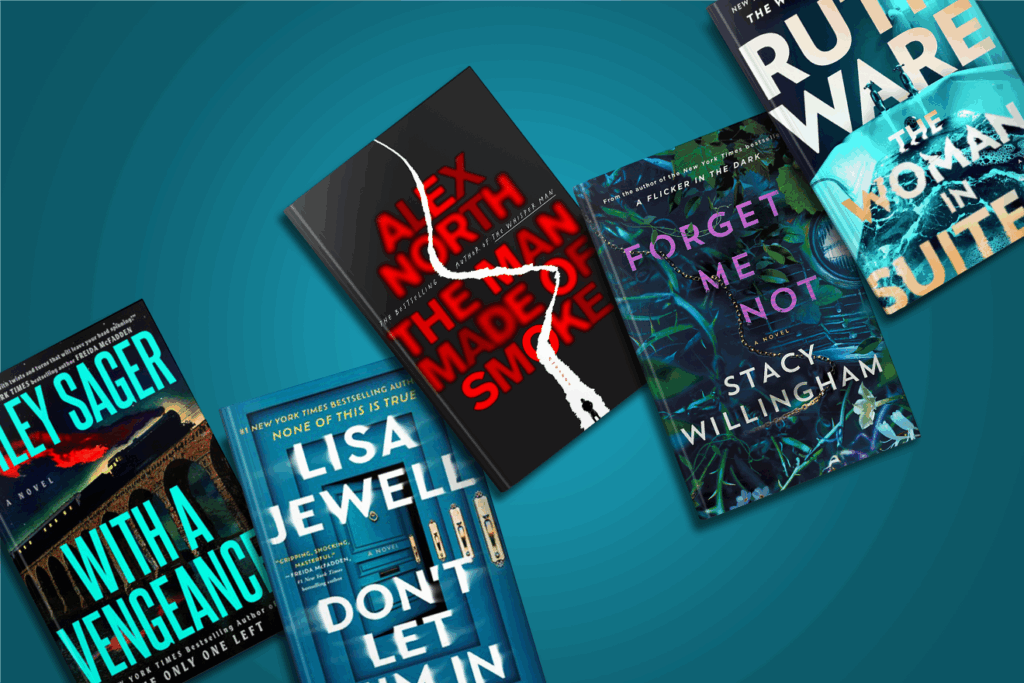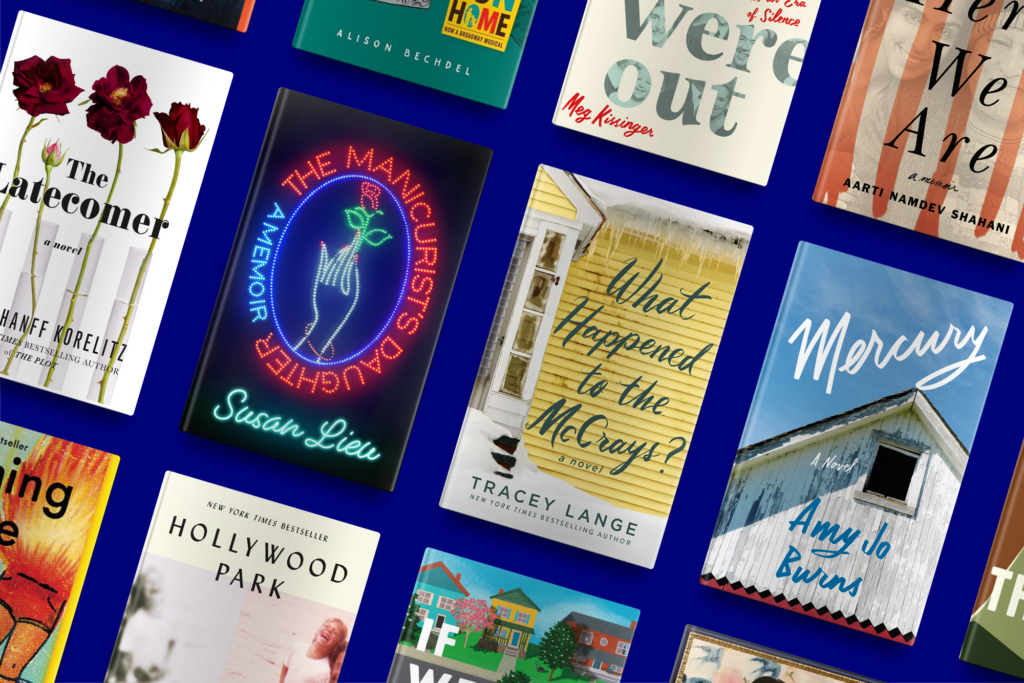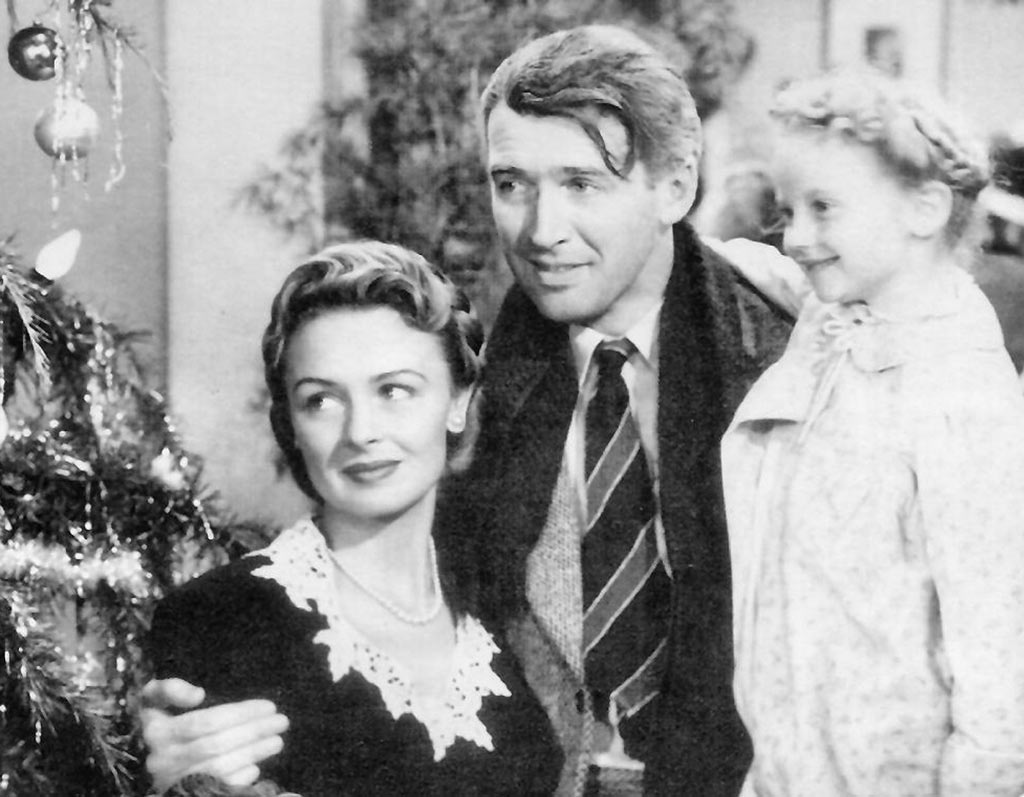
There are all kinds of Christmas TV traditions—Hallmark melodramas, raunchy comedies, holiday-themed horror flicks. And then there are the classic film adaptations we snuggle up with every year while counting down the hours until Santa arrives.
It’s a Wonderful Life
Of all the elements that make It’s a Wonderful Life the king of Christmas movies—from Frank Capra’s pitch-perfect direction to the on-screen chemistry between stars Jimmy Stewart and Donna Reed—credit is rarely given to the 4,000-word story that started it all: “The Greatest Gift” by author, editor, and Civil War historian Philip Van Doren Stern.
Unable to find a publisher for his tale of a frustrated small-town bank clerk who’s temporarily granted his impulsive wish to have never been born, Stern printed 200 copies of “The Greatest Gift” and mailed them as Christmas cards in December 1943. One of the cards made it to Hollywood, where Cary Grant took an early interest before Capra secured the rights to the story.
In the movie version, George Pratt was renamed George Bailey, and the nameless, wish-granting stranger he meets on a bridge became Clarence Odbody, a guardian angel in search of his wings. There are other differences between the short story and the screenplay, but It’s A Wonderful Life wouldn’t be one of the greatest films ever made if it hadn’t stayed true to Stern’s inspirational message: Even the most ordinary of men can make a profound difference in the world.
A Christmas Story
Thanks to the annual “24 Hours of A Christmas Story” marathon on TBS/TNT, this comedy classic is as much a holiday tradition as the rituals it enthusiastically skewers, like a trip to the mall to see Santa. It’s based on the stories of humorist Jean Shepherd, the movie’s narrator, who as a late-night radio host on New York City’s WOR-AM, delighted listeners with improvised tall tales about his childhood in Hammond, Indiana.
Encouraged by his friend Shel Silverstein, Shepherd eventually turned his best pieces into his first book: In God We Trust, All Other Others Pay Cash. Sweetly nostalgic and laugh-out-loud funny, the novel-in-stories includes versions of A Christmas Story’s most iconic moments, from the lighting of the leg lamp to the comeuppance of neighborhood bully Scott Farkus. If you’re a fan of David Sedaris or Jerry Seinfeld–who once said that he “learned how to do comedy” from Shepherd–do yourself a favor and put a copy of In God We Trust under your tree this year—it’s safer than a BB gun.
Scrooged
For movie fans, Charles Dickens’s 1843 novella A Christmas Carol is the gift that keeps on giving. From the 1951 classic starring Alastair Sim to the delightfully tongue-in-cheek The Muppet Christmas Carol (1992), the story has been adapted for the screen countless times, and in all manner of genres—from musicals to cartoons to Captain Picard’s educational video on how to laugh.
With so many options to choose from, picking the best version is nearly impossible—unless you’re a Bill Murray fan, who once took a turn at Ebenezer Scrooge. Well, he actually played Frank Cross, a boorish TV executive so hellbent on making his network’s live production of A Christmas Carol a success that he’s willing to staple antlers to a mouse’s head. Scrooged shares the same plot as the Dickens classic, but manages to inject outrageous fun and genuine thrills into a story that too often feels trite and overly sentimental.
Excellent production design; standout comedic performances by Murray, Bobcat Goldthwaith, and Carol Kane; and a treasure trove of celebrity cameos (Miles Davis!) make Scrooged the rare adaptation that’s not just of its time, but ahead of its time—every year, its wicked satire of the entertainment industry and American consumerism feels more and more accurate.
How the Grinch Stole Christmas!
Originally broadcast by CBS in December 1966, this Christmas classic based on the Dr. Seuss book of the same name was part of a wave of now-iconic made-for-TV holiday specials, including Rudolph the Red-Nosed Reindeer (1964), A Charlie Brown Christmas (1965), and Frosty the Snowman (1969). The surprise success of the A Charlie Brown Christmas, which featured a jazz score and no laugh track, paved the way for the big-budget ($300K+) and highly artistic ambitions of How the Grinch Stole Christmas!
Dr. Seuss joined forces with legendary Warner Brothers animator Chuck Jones to turn a story that takes 12 minutes to read into a 30-minute movie. They added songs; fleshed out the character of loyal sidekick and reindeer-impersonator Max the Dog; and, most importantly, hired Boris Karloff to narrate and provide the voice of the Grinch. A horror movie veteran best known for playing Frankenstein’s monster, the British actor adds gravitas and deep feeling to the story, turning a cartoon villain into a full-fledged character. He won an Emmy for his performance, setting a standard for Grinchiness that has yet to be matched—sorry, Jim Carrey and Benedict Cumberbatch.
Die Hard
Every holiday season it comes up for debate: Is Die Hard a Christmas movie? In a recent poll, 25% of American adults agreed it absolutely is. Of course, 62% said no (and the rest just don’t care). Another analysis showed that viewers living in Missouri, Washington, Wisconsin, and Virginia stream Die Hard more than every other Christmas classic.
Before you take sides, arm yourself with the facts: The screenplay finds our hero John McClane single-handedly battling a gang of international terrorists in an L.A. skyscraper on Christmas Eve. The novel it’s based on, Roderick Thorp’s thriller Nothing Lasts Forever, is about “a deadly cage-match between a lone New York City cop and a gang of international terrorists” … that kicks off at an L.A. office Christmas party.
The book may not have Bruce Willis’s irrepressible charm (Willis, by the way, was at least the 11th choice for the role, after everybody from Schwarzenegger to MacGyver passed), but it is the origin of the movie’s unforgettable action sequences. Judge for yourself: You’ll settle the great Die Hard Christmas Debate by pouring everybody a glass of eggnog and watching McClane say “Yippee-Ki-Yay” one more time.
